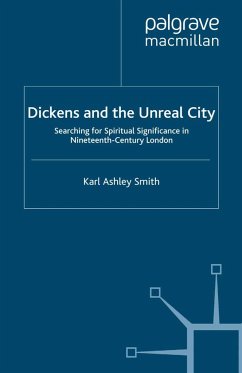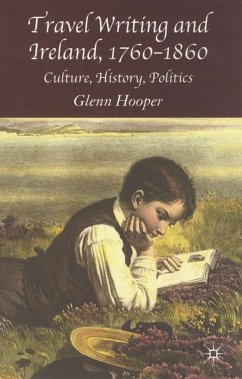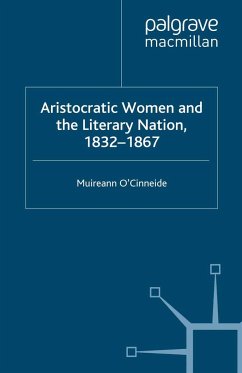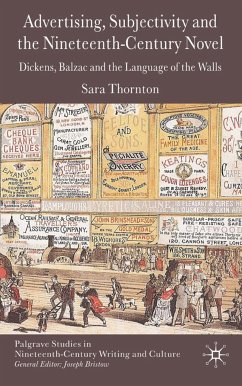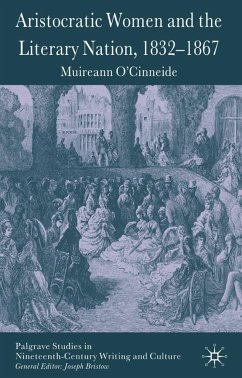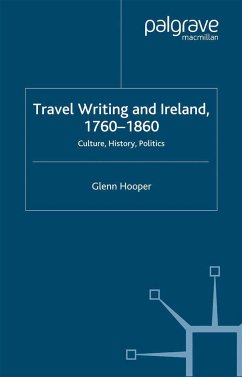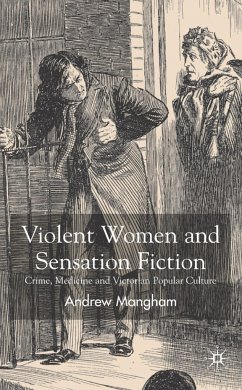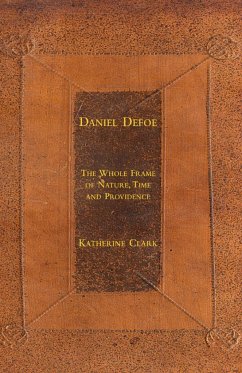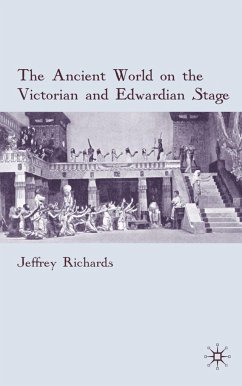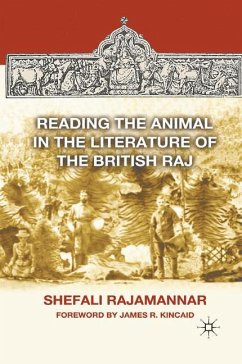
Dickens and the Unreal City
Searching for Spiritual Significance in Nineteenth-Century London
Versandkostenfrei!
Versandfertig in 6-10 Tagen
38,99 €
inkl. MwSt.
Weitere Ausgaben:

PAYBACK Punkte
19 °P sammeln!
Dickens's London often acts as a complex symbol, composed of numerous sub-symbols, such as crowd, river, railway networks and police systems. This book is particularly interested in how Dickens's treatment of the city allows him to re-examine traditional Christian discourses on the issues of revelation, renunciation and regeneration.






